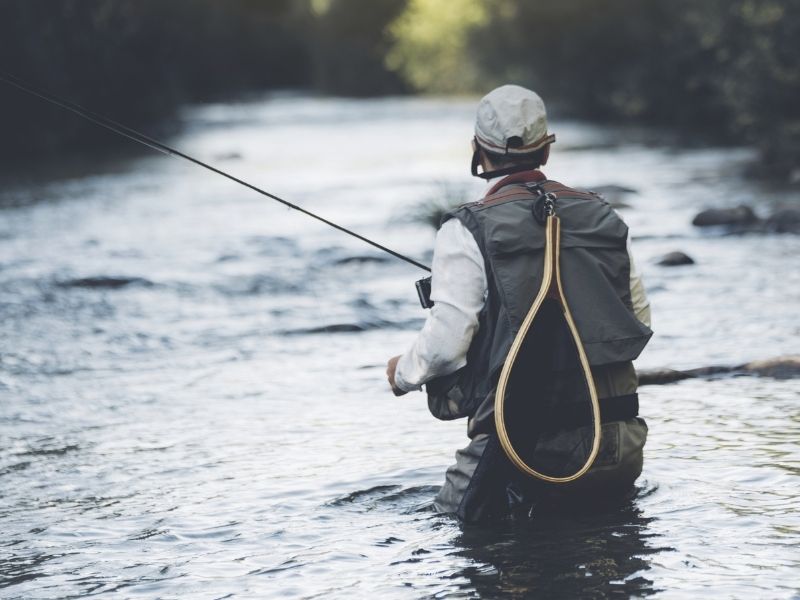Water sports such as canoeing and sailing are popular past times. Always make sure you’re properly prepared, aware of the dangers and know your limits. Don’t take risks!
- Join a club for support and safety advice.
- Ensure that someone knows your plans and the time that you expect to return.
- Take a fully charged mobile phone with you in case of an emergency.
- Check the weather conditions before setting out.
- Maintain any equipment that you are using to ensure that it’s safe and working properly.
- Always wear an appropriate personal floatation device (PFD) such as a lifejacket or buoyancy aid.
For more information about the different types of PFD have a look at the RNLI guide to lifejackets and buoyancy aids (PDF, 3.5MB).
Paddle boarding
The use of paddle boards has become increasingly popular on the sea, lakes, canals, rivers and ponds.
Here are some simple tips to improve your paddleboarding safely.
- Wear suitable clothing for the time of the year.
- Remember to use the correct safety leash connecting you to your paddle board and an approved flotation device every time you paddle out.
- Check the weather forecast and tide times before you set out.
- Try and go with a friend but if you are going alone, always tell someone where you're going and when you'll be back.
For further advice follow the RNLI paddle boarding guidance.

Angling: be prepared
Tragically a number of anglers lose their lives to drowning each year. Like all water sports it is important to think ahead.
- Always try to set up in a safe position with even ground.
- Wear a floatation vest when wading and remember, flooded wellington boots or waders can make it very difficult to move in the event of any danger or emergency.
- Be aware of local water hazards such as weirs, strong currents, slippery or undercut banks.
For further information visit the Angling Trust website.